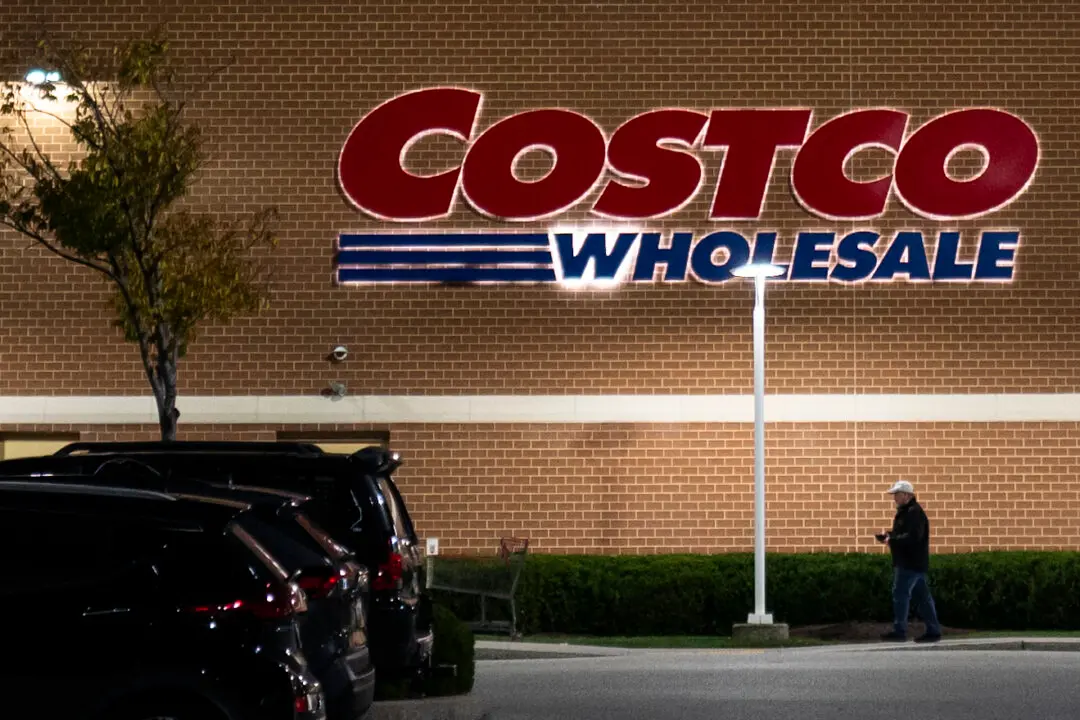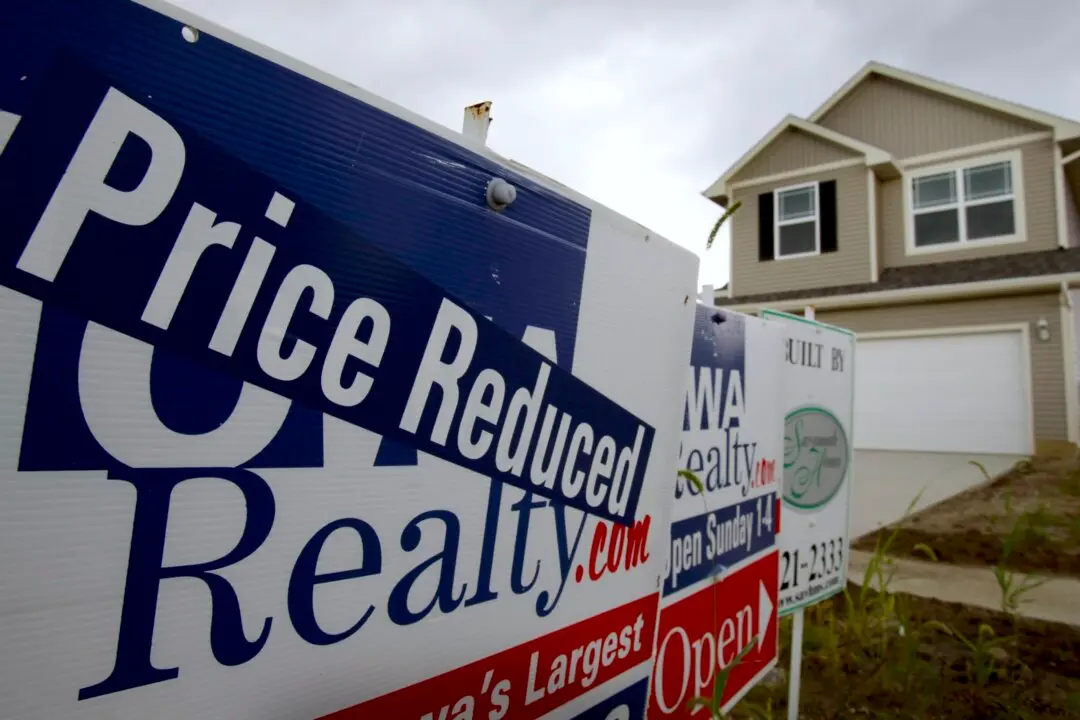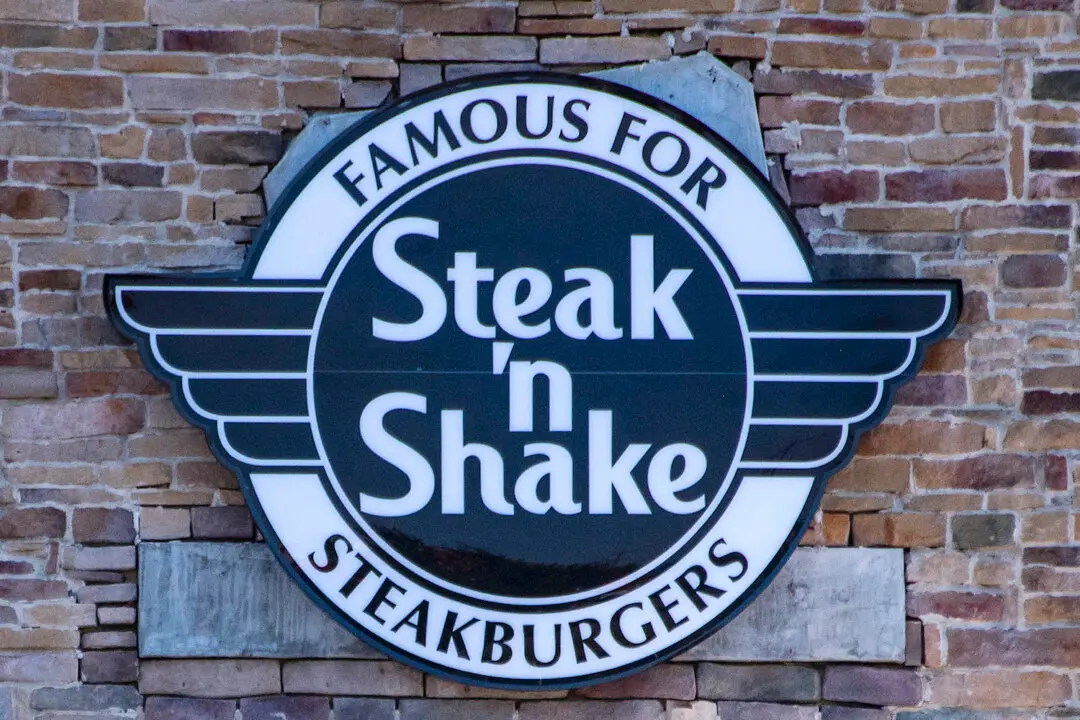A new survey of 80,000 small businesses found that 48.6 percent believe they won’t survive the United States’ current economic conditions.
Conducted by RedBalloon and Public Square, the survey also indicated that 22.4 percent of respondents said their business would “definitely not” survive continued inflation, while 26.2 percent indicated their business “probably” wouldn’t make it.





